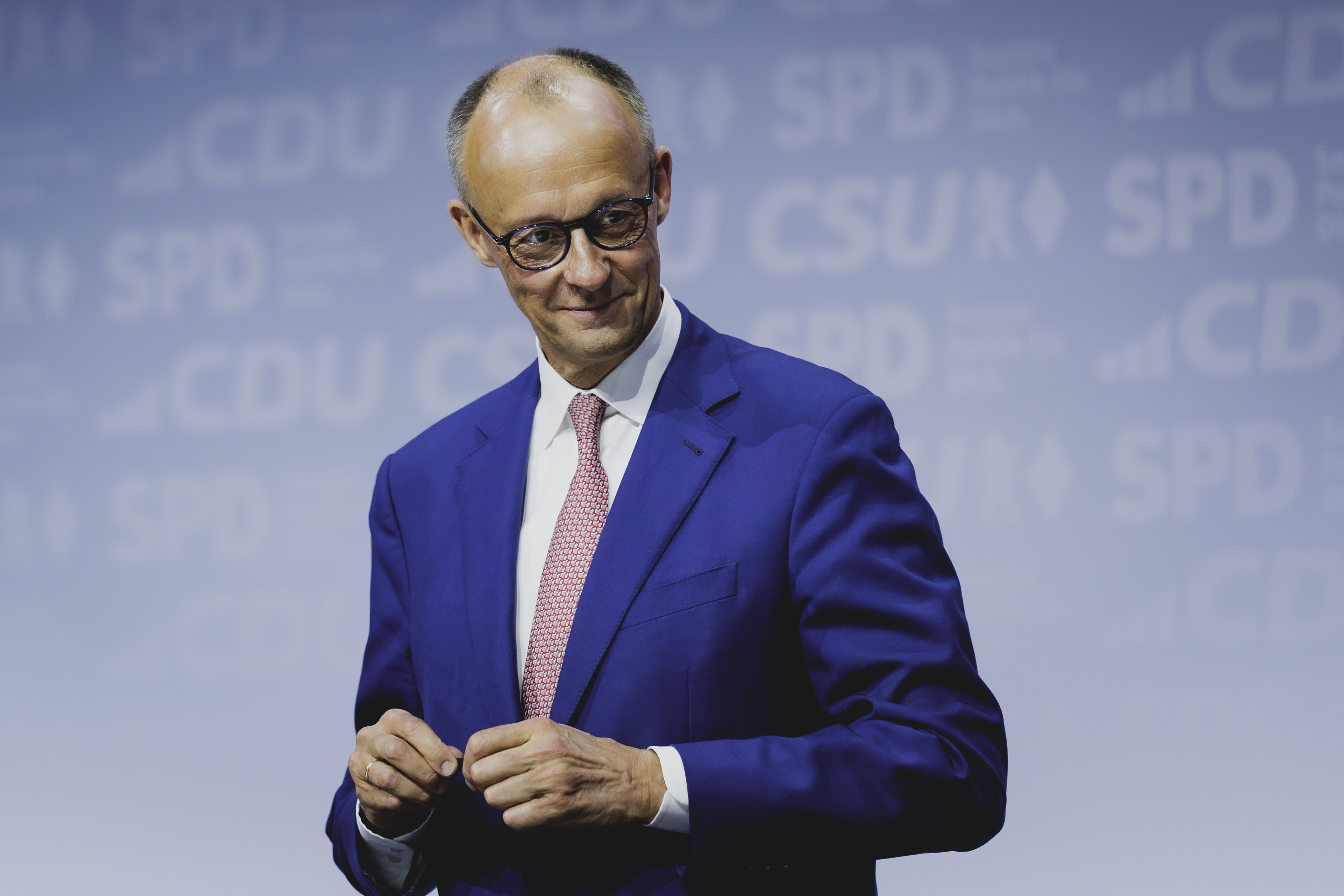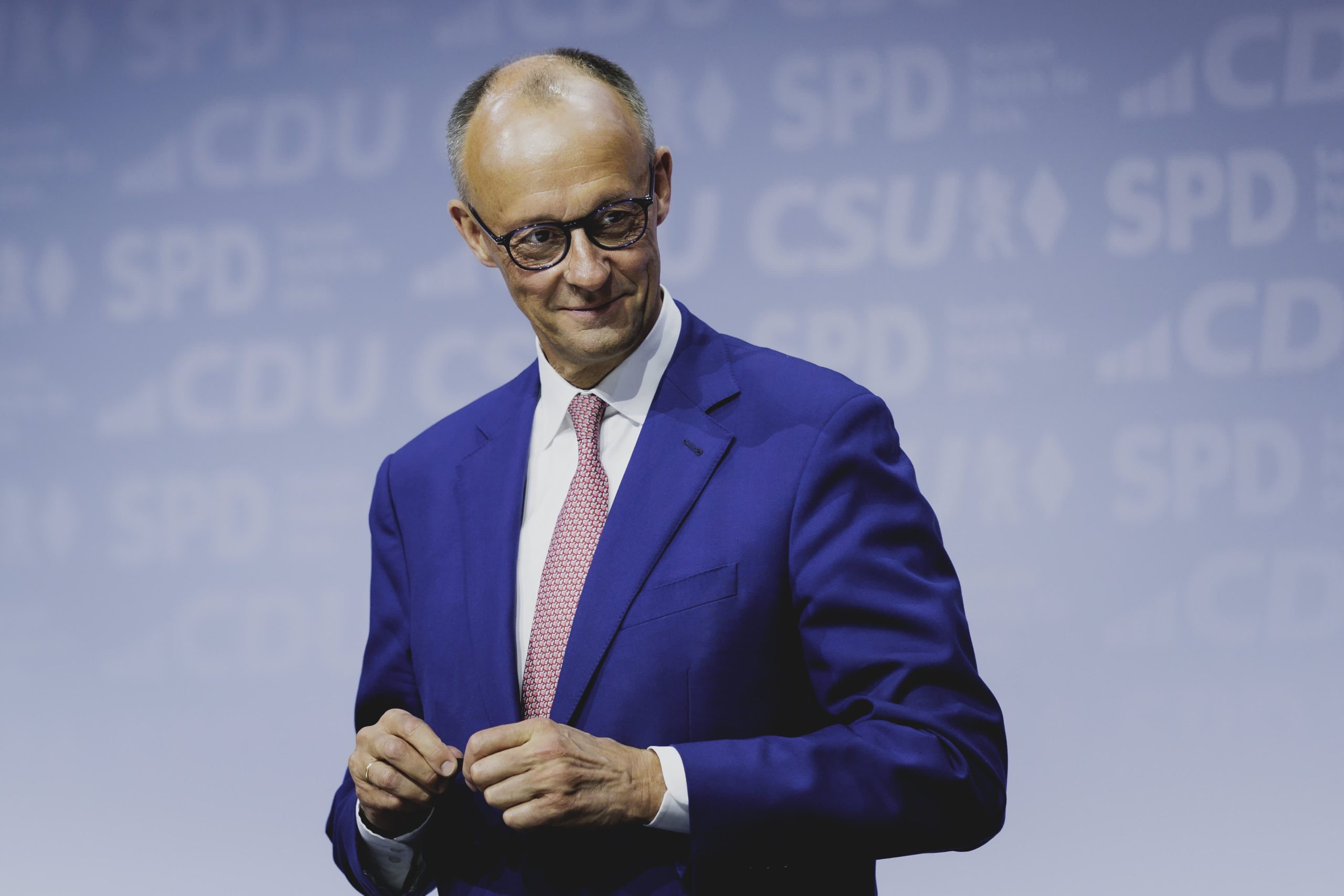
Germany’s Political Earthquake: Merz’s Failed Chancellorship Bid and Its Aftermath
The political landscape in Germany was rocked on May 6, 2025, when Friedrich Merz, leader of the Christian Democratic Union (CDU), failed to secure the necessary majority in the first parliamentary vote to become chancellor. This unprecedented outcome—the first time a chancellor candidate lost on the first ballot since World War II—exposed deep fractures within Germany’s political establishment. The fallout from this vote threatens not only Merz’s political future but also the stability of Germany’s governing coalition and the direction of the country’s policies at a critical moment in European history.
A Fragile Coalition and a Historic Defeat
Merz’s CDU emerged as the largest party in the February 2025 federal election, setting the stage for a coalition government with the Social Democratic Party (SPD). The coalition agreement, signed on May 5, was meant to ensure a stable majority, with Merz poised to take the chancellorship. Yet, when the Bundestag convened for the decisive vote, Merz fell short by six votes, receiving only 310 out of the required 316.
The failure was not just a numerical shortfall—it was a political embarrassment. Twelve conservative lawmakers abstained, a deliberate snub that revealed simmering discontent within Merz’s own ranks. Analysts quickly pointed to Merz’s controversial leadership style and his strained relationship with Angela Merkel’s legacy as key factors in the rebellion. The abstentions were a stark reminder that even with a coalition agreement in place, Merz lacked the full confidence of his own party.
Merz’s Risky Gambits and the Far-Right Shadow
Merz’s political career has been defined by ambition and confrontation. A longtime rival of Angela Merkel, he spent years outside politics, working in corporate law and serving on BlackRock Germany’s advisory board before staging a dramatic comeback. His return was seen as a rejection of Merkel’s centrist pragmatism, but his tactics to consolidate power have backfired spectacularly.
Most damaging was his willingness to court far-right support—a move that drew sharp criticism from Merkel herself. Earlier in the week, the former chancellor publicly condemned Merz’s overtures to extremist factions, warning that such alliances could erode the CDU’s credibility. While Merz may have calculated that this strategy would strengthen his base, it instead alienated moderates within the CDU and made the SPD wary of their coalition partner’s reliability. The abstentions in the chancellorship vote were, in part, a rebuke of this high-stakes gamble.
What Comes Next for Germany?
With the Bundestag required to elect a chancellor within 14 days, Germany now faces a period of intense uncertainty. If no candidate secures a majority, President Frank-Walter Steinmeier could be forced to call new elections—a scenario that would further destabilize an already fragile political environment.
Beyond the immediate crisis, Merz’s failure raises existential questions for the CDU. The party must now reckon with its internal divisions and decide whether to double down on Merz’s rightward shift or return to the center. Meanwhile, the SPD, despite its role in the coalition, may see an opportunity to push for a more progressive agenda or even explore alternative alliances.
The stakes extend far beyond domestic politics. Germany’s economic sluggishness, its role in the Ukraine conflict, and its position in the EU all demand strong leadership. A weakened or indecisive government could delay critical decisions at a time when Europe can least afford it.
A Turning Point for German Democracy
Merz’s defeat is more than a personal setback—it’s a symptom of deeper shifts in German politics. The CDU’s internal strife, the SPD’s cautious maneuvering, and the specter of far-right influence all point to a system in flux. Whether this moment leads to renewal or further fragmentation remains to be seen, but one thing is clear: Germany’s political establishment can no longer take stability for granted.
As the clock ticks on the chancellor vote, the world watches to see if Germany can navigate this crisis—or if it marks the beginning of a much larger unraveling.

